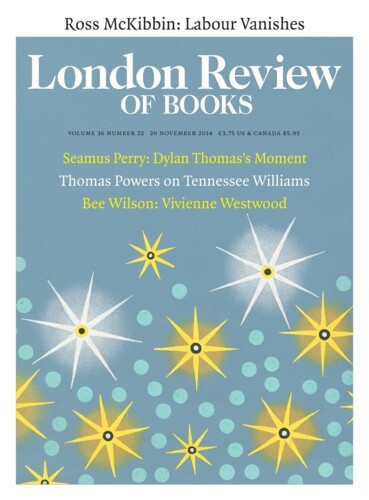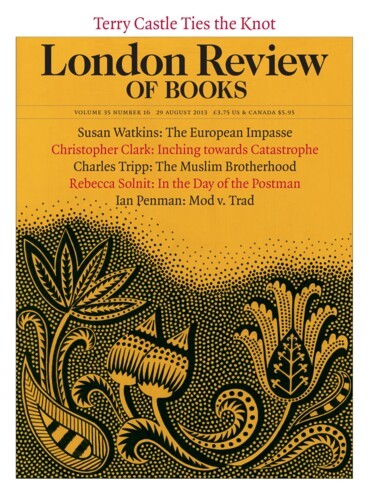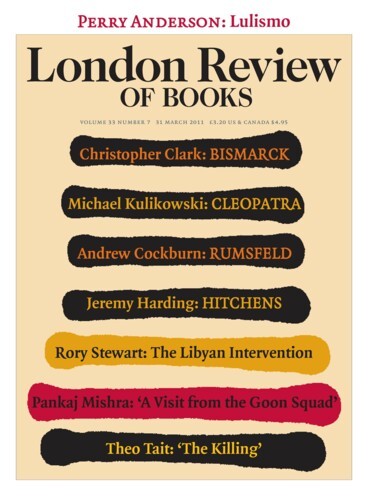Not Just a Phase: Rewriting Hungary’s Past
Nora Berend and Christopher Clark, 20 November 2014
This summer, a new monument appeared in Budapest’s Liberty Square. Amid a copse of truncated white marble pillars stands the metal figure of a slender young man. Wrapped from hips to feet in windswept drapery, he opens his arms to the sky. In his right hand he bears the orb of political authority surmounted by the Hungarian double-barred cross. Wings sprout from his shoulder blades....




